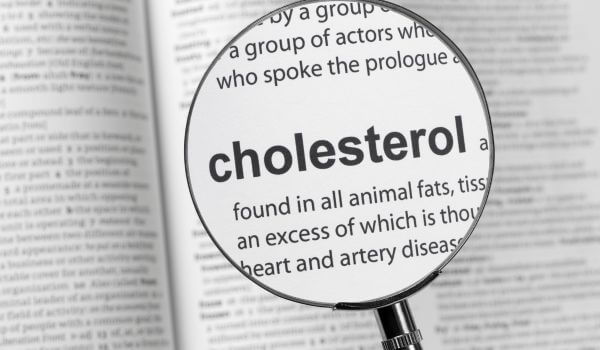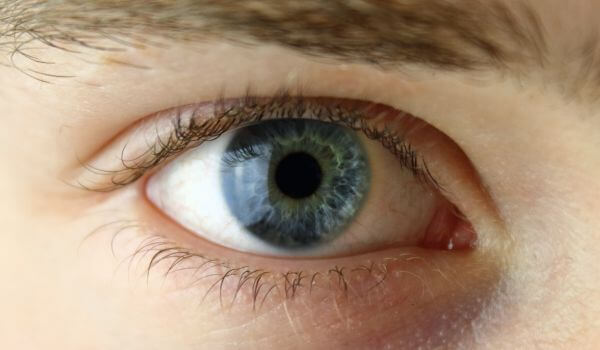Crestor / Stator (rosuvastatin) is prescribed for people with high blood cholesterol levels. Rosuvastatin is an HMG-CoA reductase enzyme inhibitor. Its role is to reduce the levels of low-density (LDL) cholesterol while increasing levels of healthy, high-density (HDL) cholesterol.
Crestor is prescribed together with diet to treat primary or mixed dyslipidemia or familial hypercholesterolemia, after exercise and weight reduction have not produced adequate results. It is also prescribed for cases of homozygous familial hypercholesterolemia together with other lipid-lowering treatment and exercise.
Dosage
The dosage and regime is determined by the prescribing doctor, based on personal factors such as age, weight, cholesterol levels and possible interactions with other medications. Do not exceed the recommended dose, or reduce the dose without first consulting with a doctor. Crestor / Stator can be taken with or without food, and should be taken at the same time every day.
This text is for informational purposes only. Please consult a doctor or pharmacist before using any medication.
Read the information leaflet that comes with the medication.
Most people who use Crestor / Stator do not experience any negative side effects. Doctors prescribe rosuvastatin because they assess that the benefits that such treatment yields outweighs any likely unwanted effects.
Some of the side effects that have been reported include headaches, nausea, vomiting, diarrhea and muscle pain.
If a sudden allergic reaction (anaphylaxis) such as swelling of the face, tongue or throat makes it difficult to breathe or swallow, or there is wheezing, hives, rash, blistering or peeling of the skin, call a doctor or 911 right away, or go to an emergency room immediately.
Not all side effects are listed here. If these or other unlisted symptoms persist or worsen, consult a healthcare provider or pharmacist.
Crestor / Stator are prescribed along with a proper diet and exercise regime to help lower “bad” cholesterol and fats (such as LDL, triglycerides) and raise “good” cholesterol (HDL) in the blood.
High cholesterol usually does not cause any external symptoms, and can only be detected by blood tests. Some of the causes of high cholesterol are smoking, excessive alcohol consumption, a diet high in fats, inadequate exercise. Some systemic conditions can also result in high cholesterol, including diabetes and high blood pressure.













